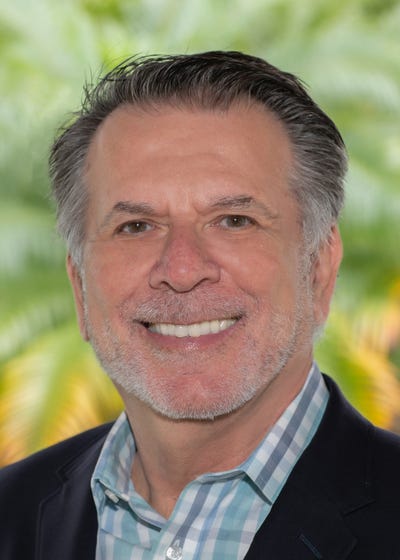How to Help DC Participants Find and Consolidate AccountsHow to Help DC Participants Find and Consolidate Accounts
Meet Beagle is working with plan sponsors and advisors to help people find their old 401(k) plans and roll them into a new plan or IRA.

As the U.S continues its shift from defined benefit to participant directed, payroll deducted retirement plans—otherwise known defined contribution plans—important and substantive changes have to be made to retrofit 401(k), 403(b) and 457 state and federal plans to adjust to today’s reality.
One of the realities is that people change jobs about every 4 years, more in their early careers, accumulating multiple and often small accounts scattered among many employers. Helping people find these vagabond accounts is a keen focus in SECURE 2.0 with §303 directing the Department of Labor to create a “lost and found” database no later than 2 years after the date of enactment of the act.
Some entrepreneurial companies are not waiting. The Retirement Clearing House created the Portability Services Network, which currently includes Fidelity, Vanguard, Empower and Alight with others likely to join, enabling smaller accounts to move from one provider to another rather than getting cashed out, leading to significant leakage.
A relatively new entrant, Meet Beagle, started in 2020 and launched in 2021, helped over 800,000 people in 2022 to find their old 401(k) accounts and roll them into their new plan or IRA. Started as a B to C enterprise, they are now also working with plan sponsors and advisors.
While PSN is more ambitious attempting to create a data exchange and protocol that will eventually help people find their old accounts, the entity is currently focused on small balance transfers. Rather than reinvent the system, Meet Beagle works within it, digitizing the rollover forms from most major record keepers, following their processes.
“Many people do not have desktop computers and use their phones to complete the transaction,” said co-founder and CRO Jeffrey Tha. The participants sign the required forms through Docusign, which are then submitted by Meet Beagle. The company has 10 or so people available by phone, chat or text to help.
“We were on hold for 45 minutes with one provider and conferenced the participant when we got ahold of someone,” Tha said.
At a SPARK meeting, Kathleen Kennedy Townsend, who had worked for the former DOL Secretary Marty Walsh, said transferability was a key agency initiative, relaying the story that it took her son-in-law, who is an attorney, 18 hours to complete a rollover.
Tha admits many record keepers do not make it easy, but some have simple and fast rollover capabilities, likely those not looking to rollover into a proprietary IRA.
Meet Beagle asks for a lot of information, including Social Security numbers, but according to Tha, only a smaller percentage do not want to submit their data. He said they are SOC 2 certified with lots of cybersecurity protocol.
Another firm, Capitalize, also helps people find old 401(k) accounts and rollover into an IRA, but Meet Beagle claims a vast majority roll into their new 401(k) plan, which raises the question of which is better. Tha said it is much harder to find IRAs as there are so many platforms. Cost, conflicts of interest and fiduciary oversight are other issues.
Tha claims his company has already created a lost and found database, which enables people to learn who is the record keeper of past employers for no cost and then helps them rollover for a flat $45 per account.
There are 110 million DC accounts but no one claims there are that many participants. Though helping the 97% of people without access to a personal financial planner as well as introducing in-plan retirement income would be ideal, we are years away from that reality. Just helping people find and consolidate their old DC accounts would not only be a great and very doable start, it could lead to greater participant engagement, which is critical to achieve the more ambitious goals and really move the DC industry closer to replacing DB plans.







